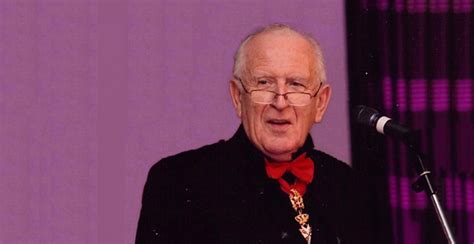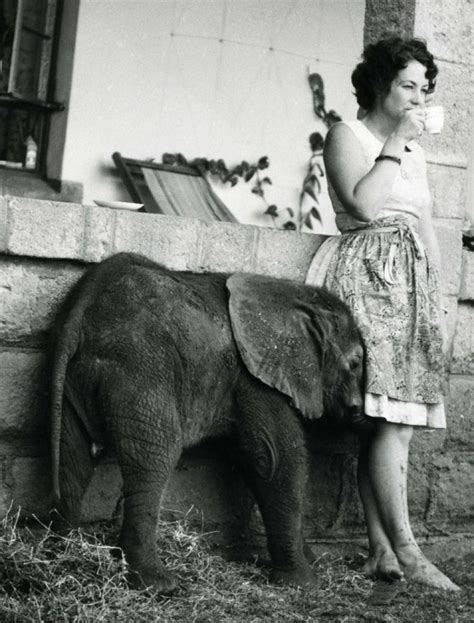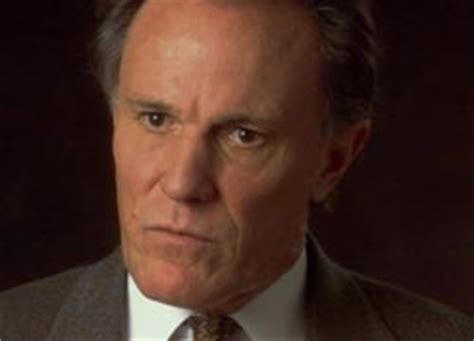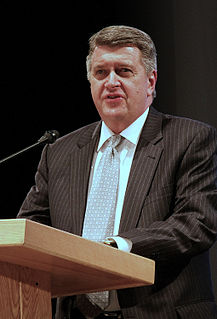A Quote by Morton Irving Seiden
What astonishes many of us is not so much that human nature is fundamentally corrupt; we are astonished rather that it does not behave more wickedly than it obviously does.
Quote Topics
Related Quotes
I am not sure but I should betake myself in extremities to the liberal divinities of Greece, rather than to my country's God. Jehovah, though with us he has acquired new attributes, is more absolute and unapproachable, but hardly more divine, than Jove. He is not so much of a gentleman, not so gracious and catholic, he does not exert so intimate and genial an influence on nature, as many a god of the Greeks.
Many original occupiers believe the political system has become so corrupt that even participating in it, engaging with it, corrupts the movement. I understand what they are saying. But often, change does come more quickly from the inside rather than the outside. My advice: try both. But don't try violence.
Artists use frauds to make human beings seem more wonderful than they really are. Dancers show us human beings who move much more gracefully than human beings really move. Films and books and plays show us people talking much more entertainingly than people really talk, make paltry human enterprises seem important. Singers and musicians show us human beings making sounds far more lovely than human beings really make. Architects give us temples in which something marvelous is obviously going on. Actually, practically nothing is going on.
The Shambhala teachings are founded on the premise that there is basic human wisdom that can help to solve the world's problems. This wisdom does not belong to any one culture or religion, nor does it come only from the West or the East. Rather it is a tradition of human warrior-ship that has existed in many cultures at many times throughout history.
Shallow ecology is anthropocentric, or human-centred. It views humans as above or outside nature, as the source of all value, and ascribes only instrumental, or 'use', value to nature. Deep ecology does not separate humans - or anything else - from the natural environment. It does see the world not as a collection of isolated objects but as a network of phenomena that are fundamentally interconnected and interdependent. Deep ecology recognizes the intrinsic value of all human beings and views humans as just one particular strand in the web of life.
Many people think that when we practice agriculture, nature is helping us in our efforts to grow food. This is an exclusively human-centered viewpoint... we should instead, realize that we are receiving that which nature decides to give us. A farmer does not grow something in the sense that he or she creates it. That human is only a small part of the whole process by which nature expresses its being. The farmer has very little influence over that process... other than being there and doing his or her small part.
Not only does the modern person often think that sight is more important than sound - there's no objective evidence to indicate that. Many people, even audiologists who study the science of human speech and hearing, have assumed for a long time that the human ear evolved to hear the human voice, rather than the voice changing to fit the human ear. And the human ear is actually not a perfect match if we map its sensitivity to the different frequencies in the human range of hearing; it's an unequal curve, it's kind of a wavy line.
Animals are indeed more ancient, more complex and in many ways more sophisticated than us. They are more perfect because they remain within Nature’s fearful symmetry just as Nature intended. They should be respected and revered, but perhaps none more so than the elephant, the world’s most emotionally human land mammal.
Respecting the environment does not mean considering material or animal nature more important than man. Rather, it means not selfishly considering nature to be at the complete disposal of our own interests, for future generations also have the right to reap its benefits and to exhibit towards nature the same responsible freedom that we claim for ourselves. Nor must we overlook the poor, who are excluded in many cases from the goods of creation destined for all.
We must remember that much spiritual growth does not occur suddenly but rather through time and experience. The encouraging message of the gospel is that God does not often require us to perform sensational or extraordinary deeds but rather to try to do better today than we did yesterday. He is mindful of our desires, our determination, and our direction as well as of our deeds.


































